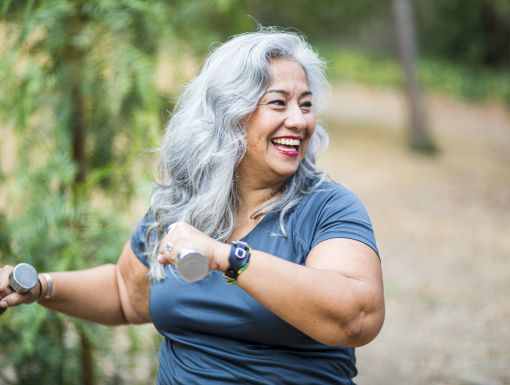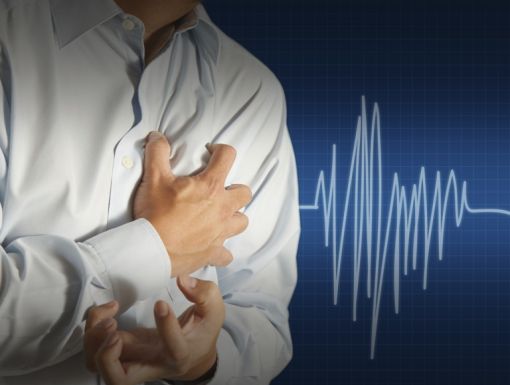
How Cancer Treatment Can Affect Heart Health
When dealing with cancer treatment, the last thing on your mind is likely the heart, but it is important to know that many cancer treatments can have immediate and long-term effects on the heart. Chemotherapeutic agents such as anthracyclines (i.e. doxorubicin) and Her2 receptor blockers (i.e. Herceptin), commonly used in breast cancer treatment, can lead to a cardiomyopathy (heart muscle disease) or congestive heart failure during and immediately after treatment, while radiation therapy to the chest and neck have other long-term effects.
So what are some symptoms that may indicate you have a heart problem while undergoing therapy with these chemotherapy agents?
- Shortness of breath with physical effort or at rest. Pay particular attention to shortness of breath while sleeping.
- Are you needing to prop yourself up on more pillows to breath comfortably?
- Are you waking up gasping for air?
- Coughing
- Swelling of the feet or legs
- Chest pain
If you are having any of the above symptoms or are concerned about the possible risks of treatment, talk to your doctor for a complete evaluation to identify what is causing your symptoms. Typically, your oncologist or cardiologist will perform a cardiac ultrasound (known as an echocardiogram) before, during and after chemotherapy treatment that can damage the heart.
Radiation therapy to the chest or neck can lead to an increased risk of atherosclerosis or cholesterol plaques in the coronary and carotid arteries. The risk from radiation is long-term, often with symptoms not appearing until 10 years after treatment is completed. Therefore, it is important to optimize your risk factors to decrease the risk of atherosclerosis in the future.
To prevent the risk of atherosclerosis, try to:
- Control high blood pressure and high cholesterol through diet, exercise and medications as needed
- Avoid smoking and other tobacco products
- Exercise regularly; ideally complete moderate level of aerobic exercise 5 times per week for 30 minutes
- Eat a healthy diet rich in fruits, vegetables, and whole grains
- If you drink alcohol, do so only in small amounts, defined as 1 serving per day for a woman and 2 servings per day for a man. A serving is defined as a 4 ounces of wine, 12 ounces of beer or a shot of 80 proof liquor
By paying attention to your body throughout cancer treatment and maintaining a healthy lifestyle during and after cancer treatment, you can decrease your risk of having heart disease in the future.



